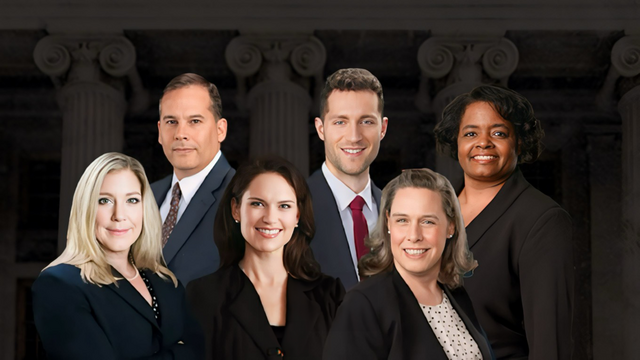Virginia Federal Drug Conspiracy Charges
Being charged with a federal drug crime is very serious. Federal law enforcement agencies will prosecute them extremely harshly, which will result in severe consequences should the case end in a conviction. If you find yourself being investigated for a federal drug crime, or are charged with one, contact an experienced Virginia federal drug attorney for representation immediately. They will provide you with the appropriate counsel regarding your unique circumstances.
Federal Drug Charges in Virginia
Any drug crime can be charged as a federal drug crime in Virginia. This includes distribution of drugs, possession with the intent to distribute drugs, trafficking drugs across state lines, manufacturing drugs, simple possession, and conspiracy charges or the attempt to commit any of the aforementioned crimes. The two most common are simple possession charges and possession with the intent to distribute or distribution.
The element that triggers the federal level of charges is something called Interstate Commerce. However, because the very nature of drug movement involves some level of Interstate Commerce, it could be something as small as the use of a cell phone which triggers the Interstate Commerce. It can also be the use of the U.S. mail or anything that came from another state or that use services from another state and this can trigger a federal drug charge.
Prosecution of Federal Drug Conspiracy Cases
Generally, the federal government focuses on bigger fish, so-to-speak. Many drug crimes are committed within the United States and Virginia, so they couldn’t possibly prosecute all of them. They simply don’t have the bandwidth to do that.
However, the federal government will get involved in all drug possession charges or distribution charges that occur on federal property within the confines of Virginia. If you’re on any federal property within Virginia — and that could include any of the many military bases, any of the many federal parks, especially and including the George Washington Memorial Parkway, which is federally owned — they will prosecute any drug charges that arise on those properties. Someone may face a federal charge for something as small as possession of marijuana.
How Attempt Can Impact Prosecution
Attempts and conspiracies are two separate issues. Attempt refers to a person who tries to commit a crime and takes substantial steps in order to try to commit that crime, but ultimately falls short of committing that crime. It requires the intent to do a crime and it requires some action on the part of that person to actually try to commit the crime.
A common example of attempt: if a person sets up an arranged drug buy, shows up with the money to try to purchase drugs from someone else and it turns out that either the police are watching or it’s a setup with a confidential informant, that person can be charged with the attempt to possess drugs or the attempt to distribute drugs.
Federal prosecutors use attempts in cases where the person, for whatever reason, was not able to complete the crime that they intended to commit. Generally, a person cannot be charged for the underlying offense, which would be a federal drug charge for an attempt. In order to prove an attempt, the government must prove when an attempt was made but the evidence would have to show that the crime itself was not completed. If an alleged crime is committed, then attempt wouldn’t factor.
How Conspiracy Can Impact Prosecution
A conspiracy is something that requires a lot less on the part of the government to prove, because all they need to do is prove that two people or more agreed to commit a drug crime and they don’t have to show that the crime was foiled in any way. They don’t have to show that an attempt was made. All they have to show is just a simple agreement between two people to commit a crime. Conspiracy charges usually arise in cases where they do have a completed offense and prosecutors are seeking to ratchet up the possible penalties that could be levied against the person upon conviction.
If you’re charged with the possession of narcotics with the intent to distribute those narcotics, and the police can prove that you’re in league with another person or a group of people, they can and often do charge the conspiracy as well. Additionally, because conspiracy only requires proof of an agreement between two people to commit an offense, it’s very often that the government does charge both to conspiracy and the underlying offense.




